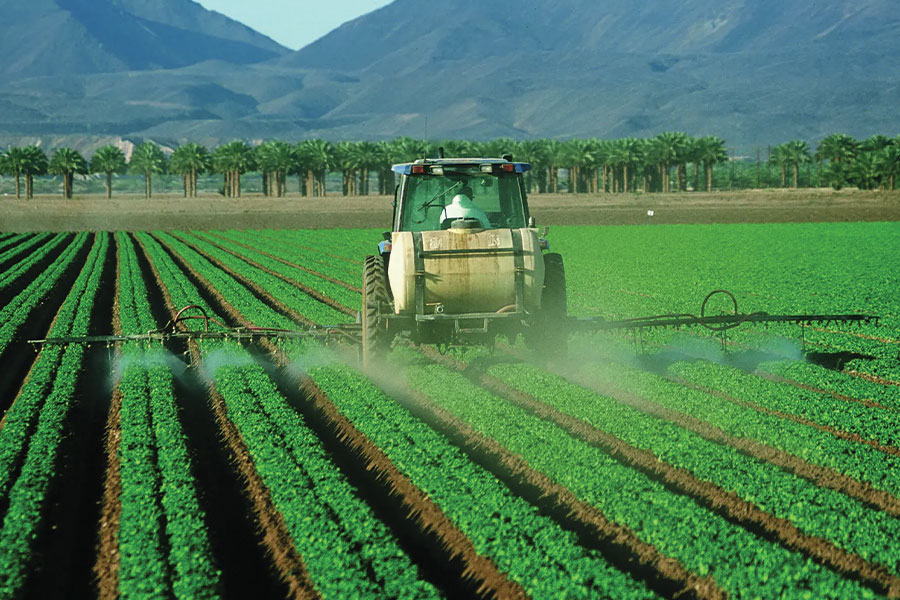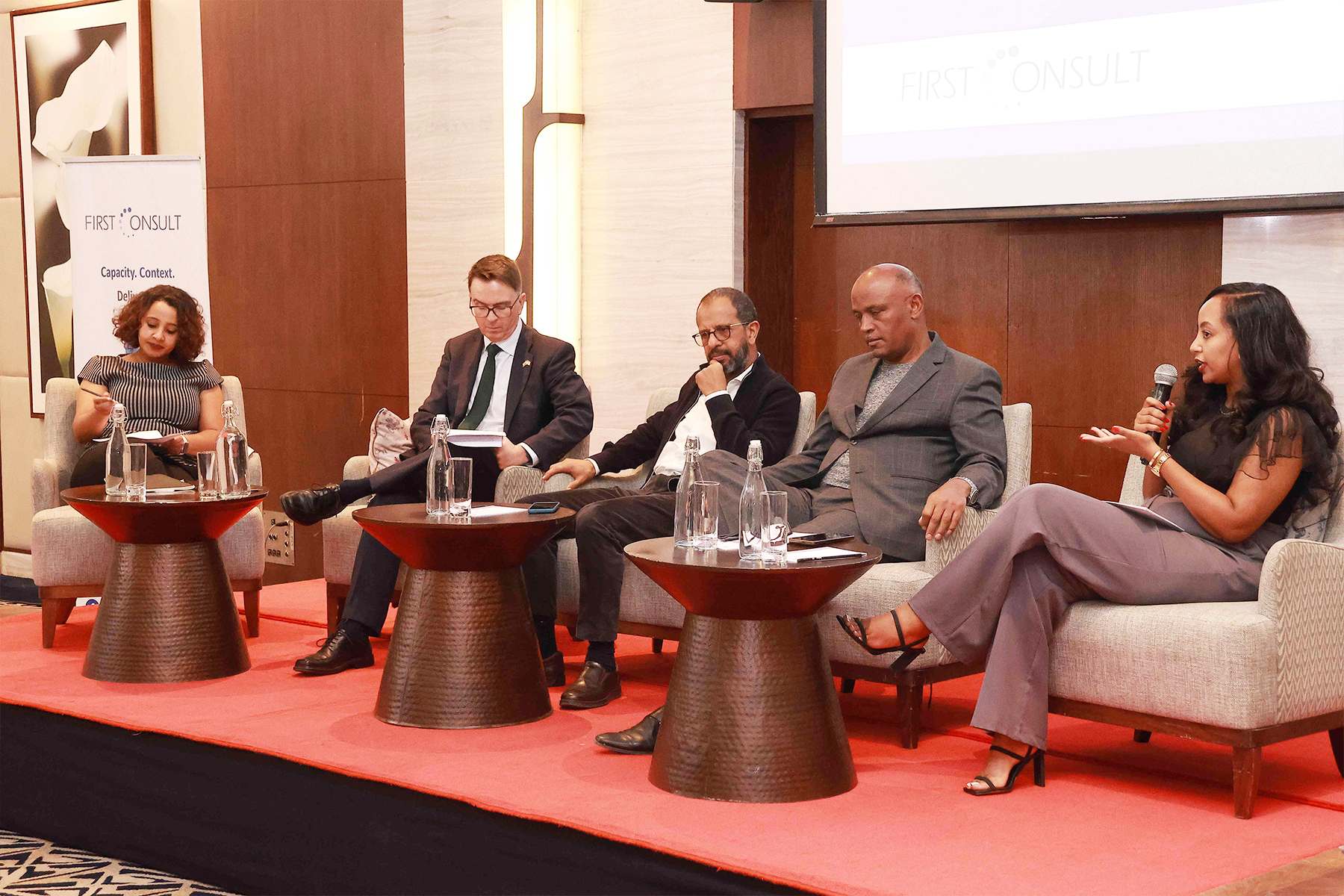
Radar | Feb 23,2019
Nov 16 , 2019
By Million Fikru
Mass media have a unique character in that they play a paramount role in telling truth to the public, as well as analysing the impact of events that affect diverse sections of the population. This is especially important in helping vulnerable communities deal with situations. Media need to be equitable and responsive to the special needs of different groups.
In emergency situations, newsrooms should be alert on reporting about vulnerable groups such as children, women and people with disabilities. When presenting their news on these groups, media institutions should come up with the necessary and accurate sub-aggregated data supported by facts.
Similarly, the audience and readers of any media come with diversified interests, and they may further analyse the issue in the news based on their own perspective and may consume for their own purposes. Therefore, supporting news reporting with sub-aggregated data makes the reporting more objective instead of leaving it open for misrepresentation. It provides immediate information for the necessary intervention and programming designed by the government as well as by donors.
It is also important to look at the reasons why the majority of news in Ethiopian media institutions does not include age and sex aggregated data. Studies demonstrate that political and economic issues make up the largest coverage in the news. These are partly due to lack of understanding, knowledge and skill in organising sub-aggregated data by reporters, editors, producers and journalists.
It is very difficult and time consuming for journalists to get sub-aggregated data while reporting on an emergency from the concerned bodies such as the police and health institutions. A finding by a study from Initiative Africa on media institutions in Addis Abeba and Dire Dawa depicted three major factors that hinder media institutions to present news with disaggregated data especially with regard to sex-disaggregated data.
The study found that the majority of media houses do not have documents that instruct the recruitment, promotion, empowerment and distribution of opportunities for women in their organisational structure. It also found that weak implementation of affirmative action has its own contribution to the small number of female journalists in newsrooms, which indirectly contributes to news coverage with lack of gender sub-aggregated data.
The study finding highlighted that there is a lack of knowledge and understanding about gender in general and on whom to integrate gender issues in the media in particular. This is especially true in emerging and financially constrained media houses, where the journalists are fresh graduates with a few years of experience.
Today we are living in an era when information is more important than any other thing. And reliable data can explain situations in simplified ways. Particularly, in an emergency when natural disaster and conflict happens anywhere, media professionals, not only reporters but also editors and photographers as well as videographers and fact-checkers, should pay due attention to report the conditions of the most vulnerable groups of the society supporting it with data and numbers.
Other entities such as local authorities and institutions should understand the role good data plays in helping the vulnerable population. They should provide reliable sub-aggregated data for the media as well as for other concerned bodies to benefit those vulnerable groups in need. More importantly, the available reliable data should be technologically supported and easily accessible for everyone who needs to use it for the benefit of society. More importantly, the community should be aware of the value of sub-aggregated data and should be willing to provide data to information seekers.
PUBLISHED ON
Nov 16,2019 [ VOL
20 , NO
1020]


Radar | Feb 23,2019

Fortune News | Jan 13,2024

Fortune News | Jun 25,2022

Advertorials | Aug 02,2025

Radar | May 21,2022

Fortune News | Apr 06,2024

Radar | Sep 18,2022

Radar | Mar 20,2021

Viewpoints | Dec 17,2022

Radar | Nov 23,2019

Photo Gallery | 175397 Views | May 06,2019

Photo Gallery | 165617 Views | Apr 26,2019

Photo Gallery | 155952 Views | Oct 06,2021

My Opinion | 136814 Views | Aug 14,2021

Dec 22 , 2024 . By TIZITA SHEWAFERAW
Charged with transforming colossal state-owned enterprises into modern and competitiv...

Aug 18 , 2024 . By AKSAH ITALO
Although predictable Yonas Zerihun's job in the ride-hailing service is not immune to...

Jul 28 , 2024 . By TIZITA SHEWAFERAW
Unhabitual, perhaps too many, Samuel Gebreyohannes, 38, used to occasionally enjoy a couple of beers at breakfast. However, he recently swit...

Jul 13 , 2024 . By AKSAH ITALO
Investors who rely on tractors, trucks, and field vehicles for commuting, transporting commodities, and f...

Oct 18 , 2025
The political establishment, notably the ruling party and its top brass, has become p...

Oct 11 , 2025
Ladislas Farago, a roving Associated Press (AP) correspondent, arrived in Ethiopia in...

Oct 4 , 2025
Eyob Tekalegn (PhD) had been in the Governor's chair for only weeks when, on Septembe...

Sep 27 , 2025
Four years into an experiment with “shock therapy” in education, the national moo...

Oct 18 , 2025 . By NAHOM AYELE
In a sweeping reform that upends nearly a decade of uniform health insurance contribu...

Oct 18 , 2025 . By BEZAWIT HULUAGER
A bill that could transform the nutritional state sits in a limbo, even as the countr...

Oct 18 , 2025 . By SURAFEL MULUGETA
A long-planned directive to curb carbon emissions from fossil-fuel-powered vehicles h...

Oct 18 , 2025 . By BEZAWIT HULUAGER
Transaction advisors working with companies that hold over a quarter of a billion Bir...